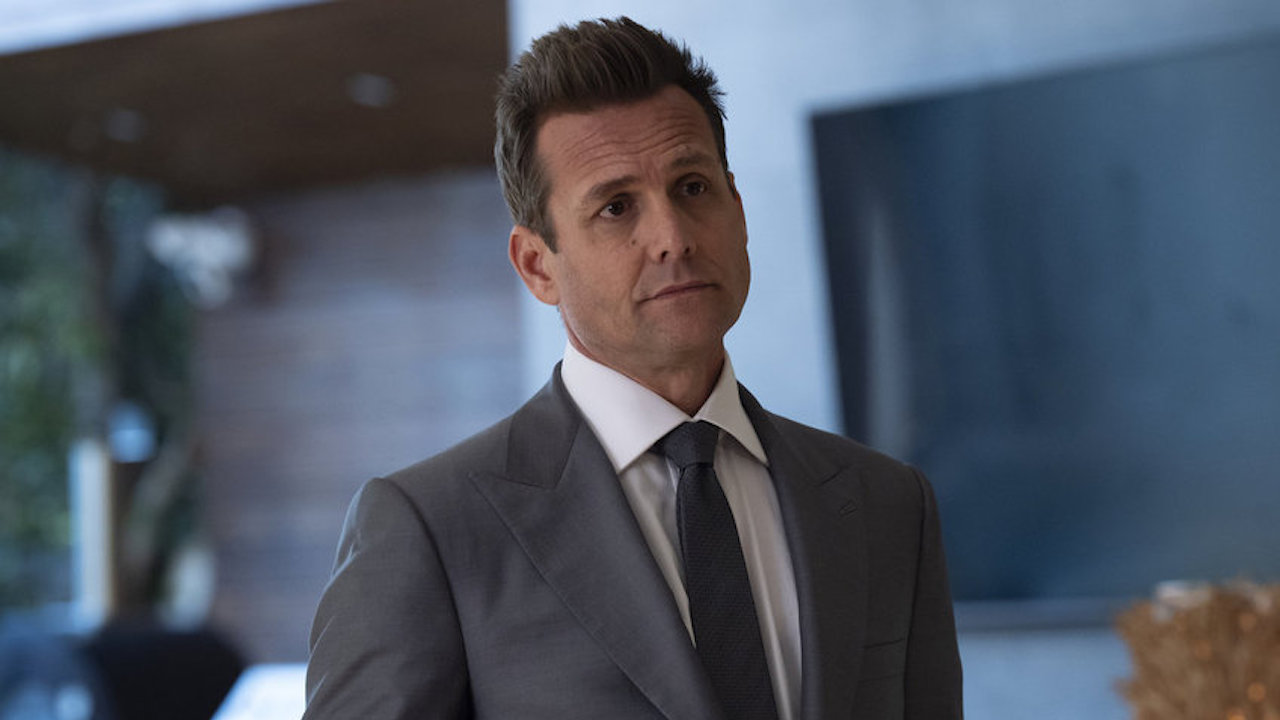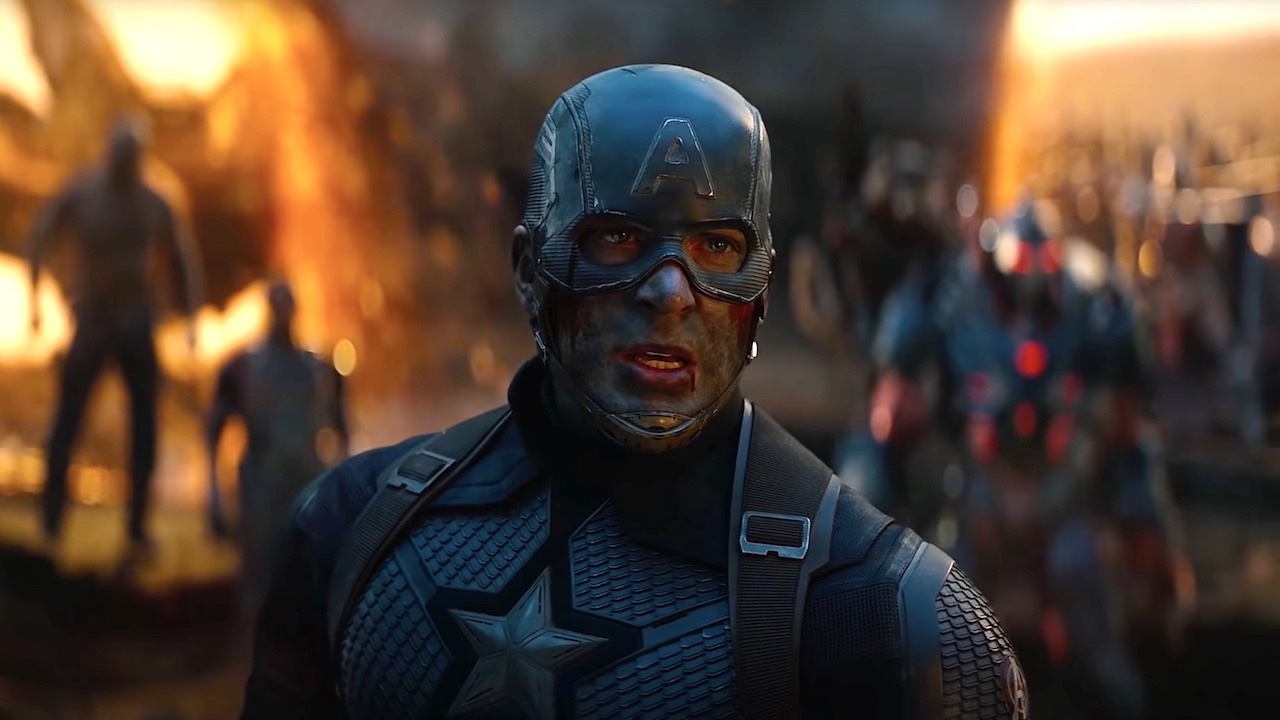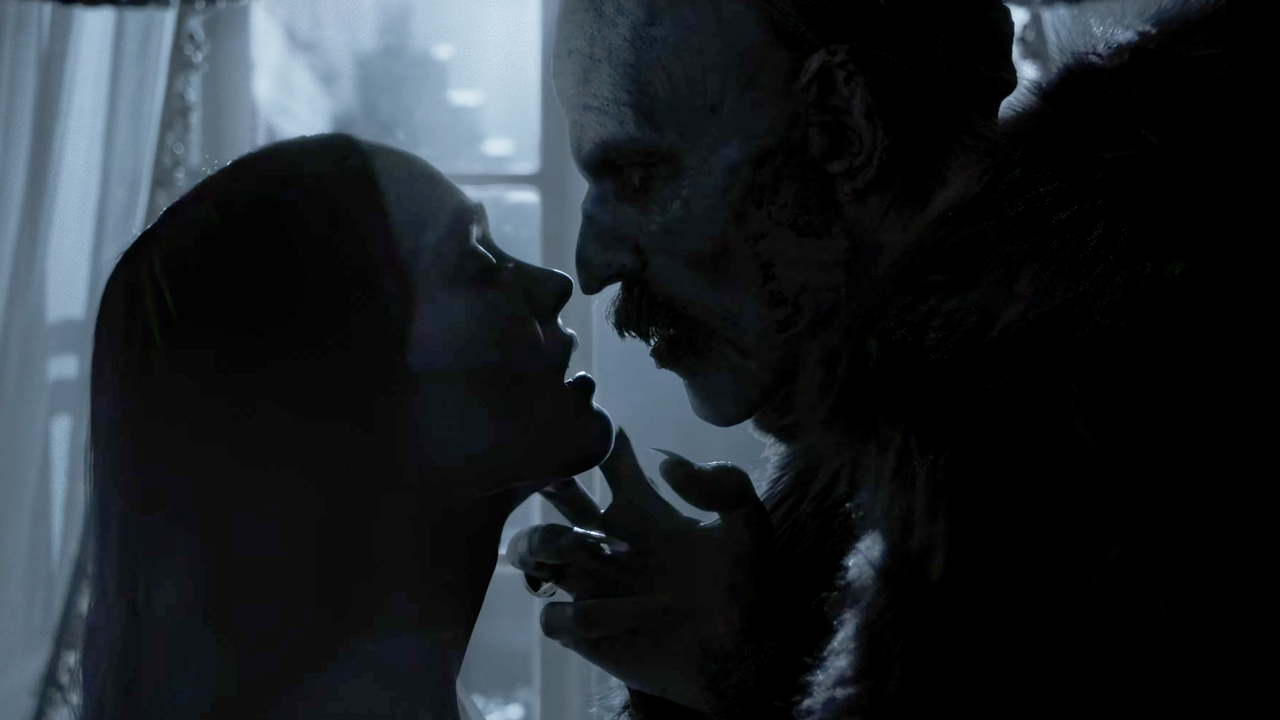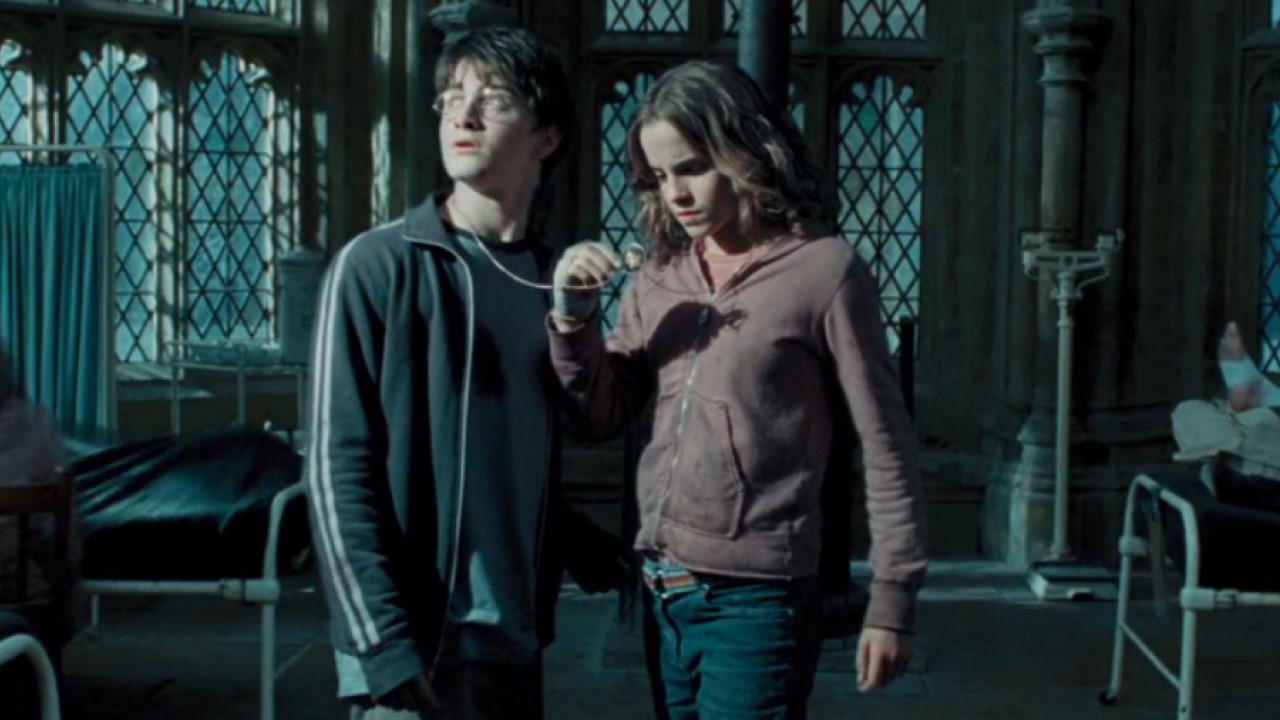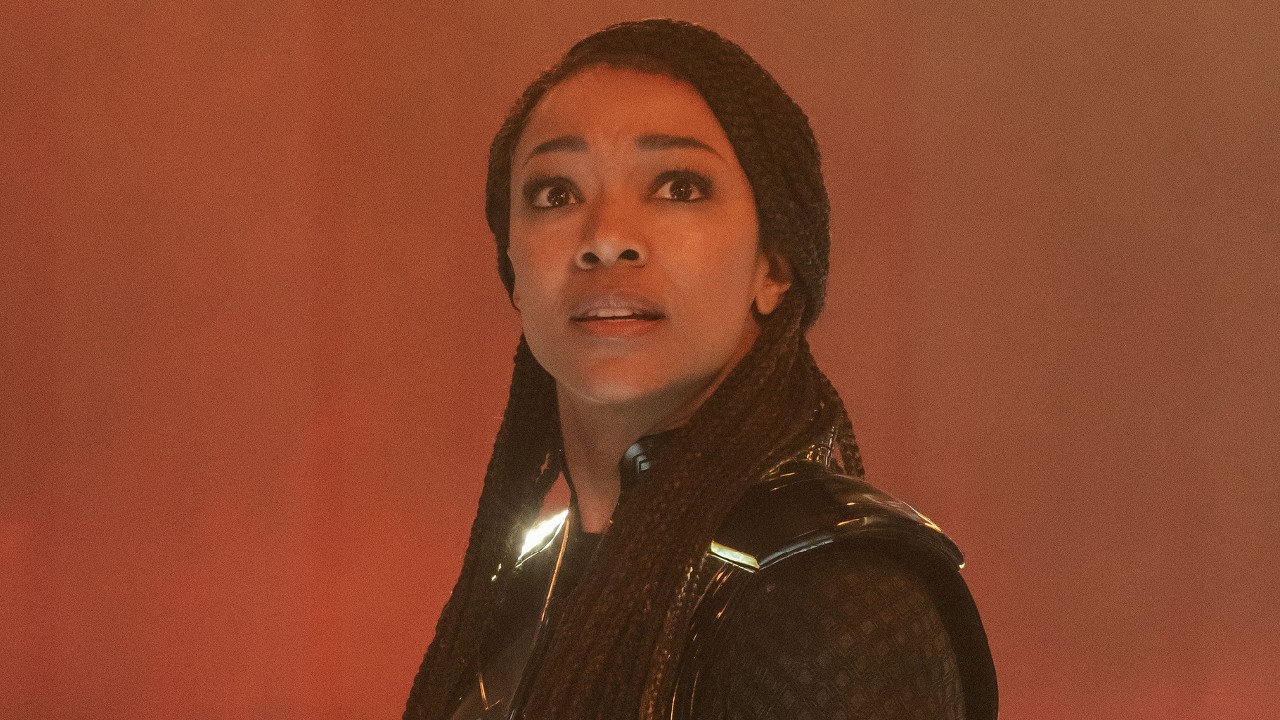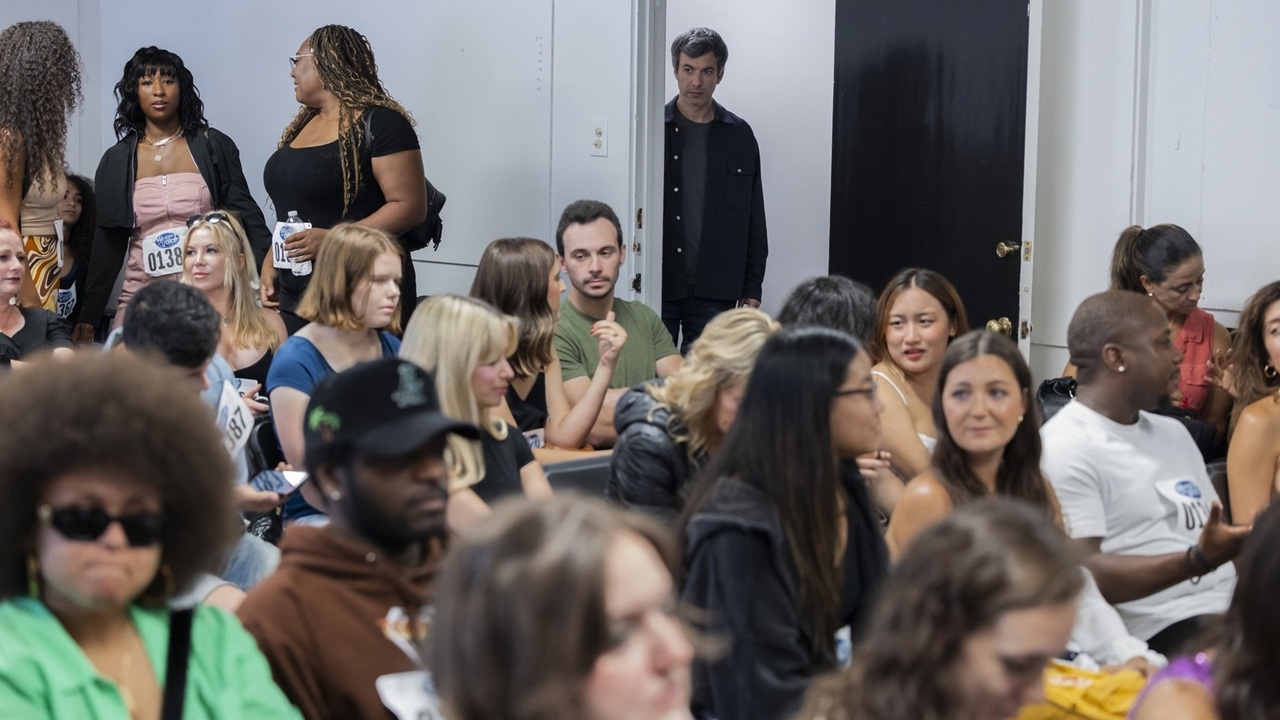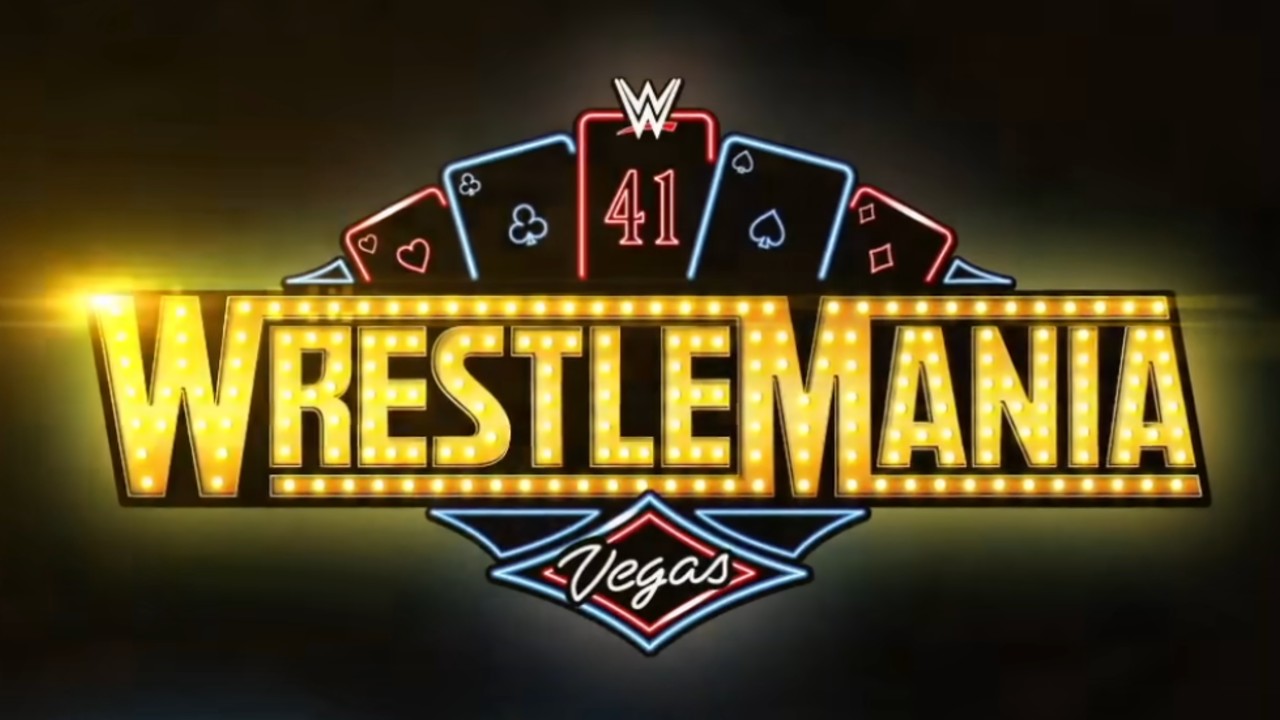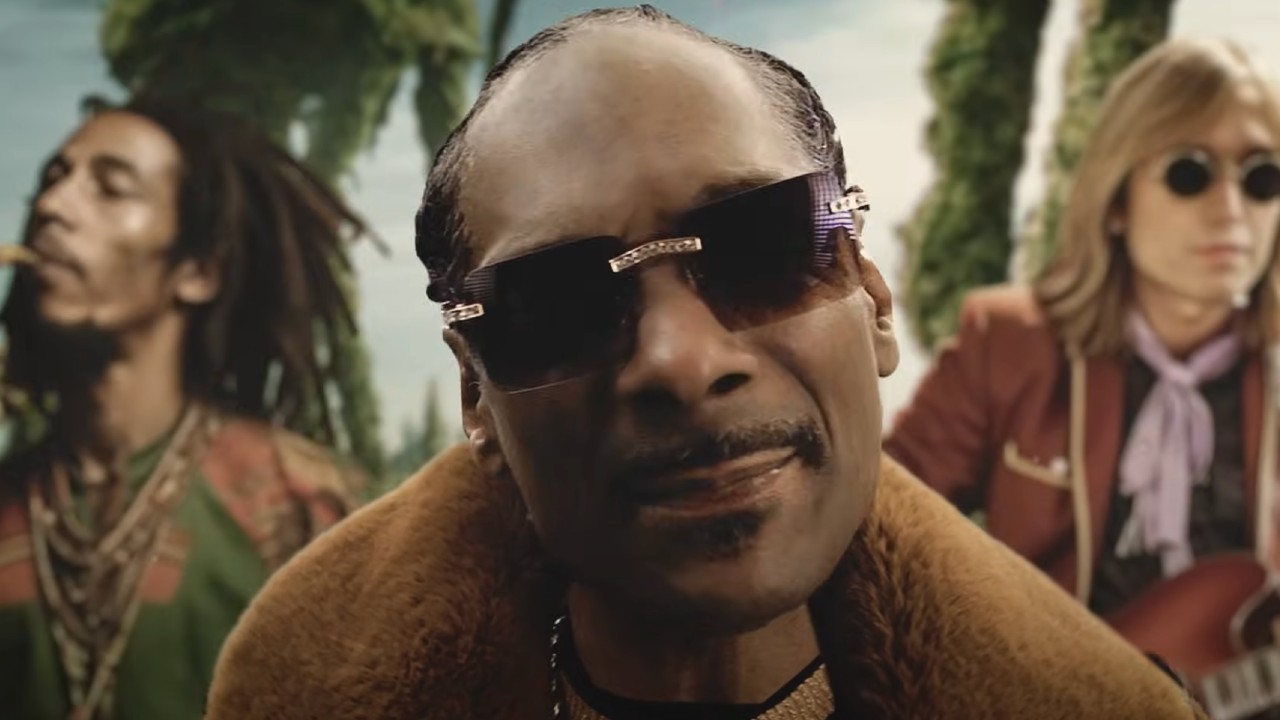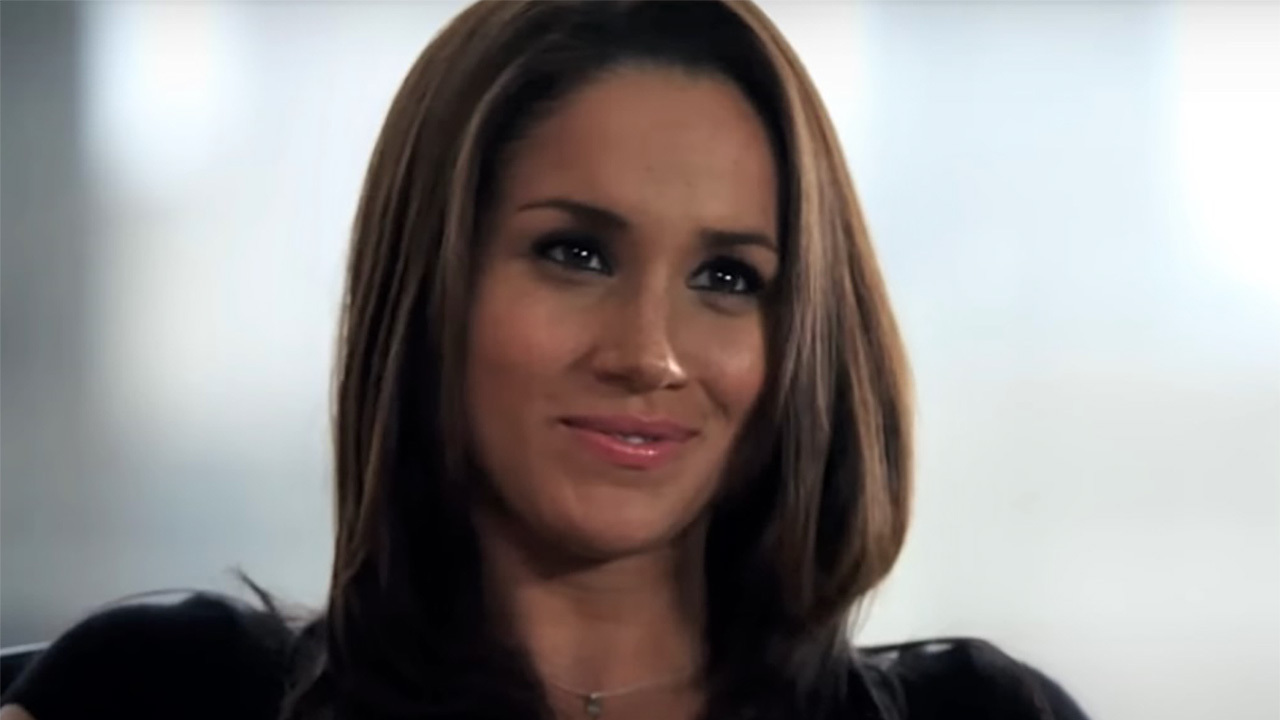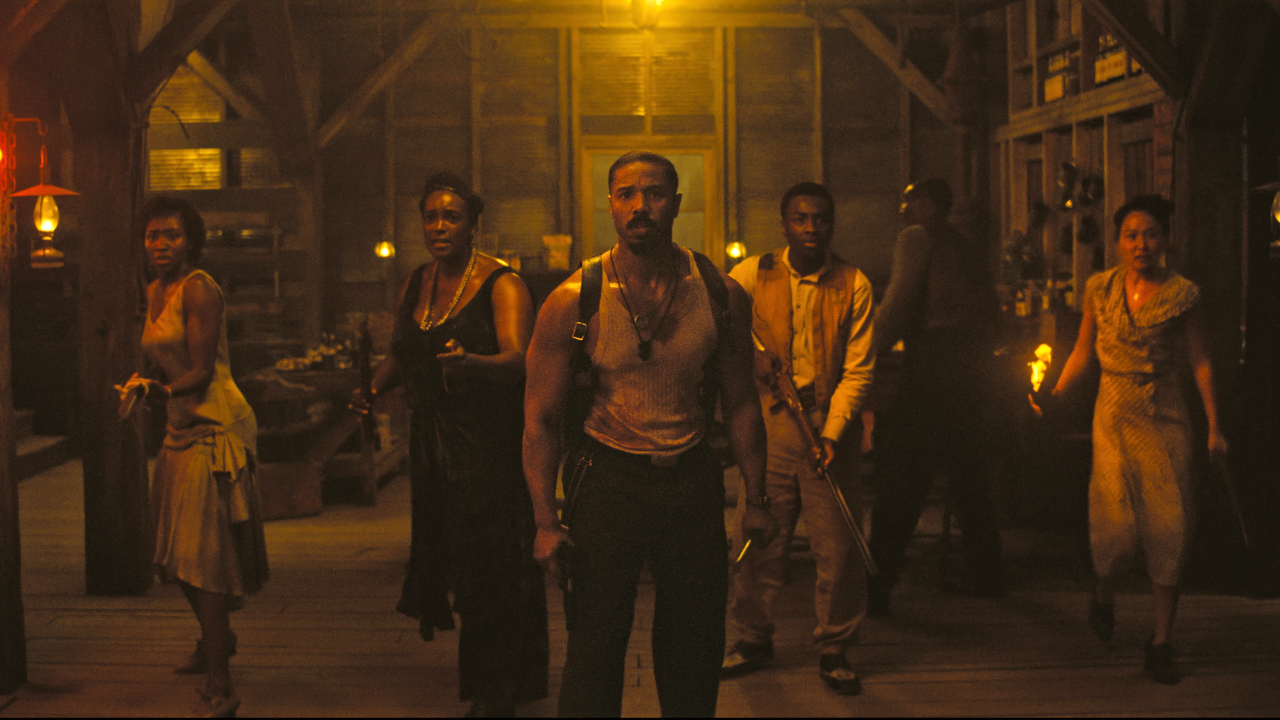The Conjuring's James Wan Finds Terror In The True Story, Plans Die Hard Flavor For Fast & Furious 7

There are certainly common fears that unite all of us, but the truth is that we are all have our own personal terrors and horrors that drive us straight into shock. A person can be completely fine around snakes - a species that gives many the frights - but completely lose bowel control when a spider skitters past their feet. In the film world, a person might only be able to watch a slasher movie through the slits between their fingers, but be skeptical enough to be completely unfazed by ghost stories. It’s a challenge that The Conjuring director James Wan has faced his entire career.
A couple weeks ago I had the chance to fly up to San Francisco, California where I was given the opportunity to sit down one-on-one with the filmmaker and dig deep into his latest movie. Check out our conversation below, in which Wan discusses finding the real terror in the story of the Perron family, the impact that being based on a true story has on a movie, the mind-melting process of making three films - The Conjuring, Insidious Chapter 2 and Fast & Furious 7 - at the same time.
How’s your day been going so far? It’s still early.
It is early. I think I just woke up.
Honestly, I’m kind of amazed that your brain isn’t completely mush by this point.
Oh, it is mush.
What has been your schedule these past couple of weeks? It must be completely insane.
CINEMABLEND NEWSLETTER
Your Daily Blend of Entertainment News
It’s pretty crazy. It’s been pretty hardcore. Basically, I’m literally doing three movies back to back. I literally just flew back from Atlanta, back to LA, to work on stuff and then skip here literally the next morning to come in to do this press stuff, literally going from Fast 7, back to Insidious to push that off, then here to promote this, then back to promoting Insidious 2. It’s kind of crazy.
Do you kind of thrive on that pressure?
No, I don’t. I prefer sleep [laughs] But, you know, this is the kind of stuff, that when they happen, it’s a good thing. It’s a good problem to have, as they say.
You had Dead Silence and Death Sentence come out in the same year previously…
Yeah, but I didn’t make those movies at the same time.
Oh ok, I guess that would explain it.
This time, I’m making all three at the same time.
To kind of talk more about The Conjuring, one element that separates this film from any of the previous films you’ve made is that it’s based on a true story. How much that changes your film making process?
It definitely dictated a lot of my filmmaking process. That was really the only reason why, or one of the main reasons why I did The Conjuring is after Insidious I didn’t really want to do another supernatural ghost story, haunted house movie, but the chance to make a movie that, make a movie about the Warrens and to do, you know, a true life, you know, a true life story based on characters that are still alive today, was what made it very fascinating for me. That was what made it interesting because then I feel like I can know attack the film and the filmmaking from a perspective that I’ve never kind of approached before.
How has that changed specifically?
One of the things I really wanted to do, was to stay as true to the characters as I could, you know. So, very early on, the writers would really get in there and talk to the Perrons family and talk to the Warrens, talk to Lorraine and just basically, and not just talk about the case itself, but talk to them about who they are and what makes them tick and I think that was really important in helping me shape the characters on the page so that when my actors came on board I could really help them through the movie.
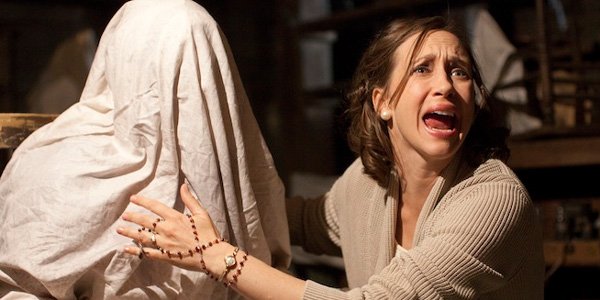
There’s also this really cool balance in this film, because you are following both the Perrons and the Warrens. What was your approach to that balance?
So, here was the tricky thing I had to do and it was a real sort of balancing act in that, you know, the movie is ultimately about the Warrens, ok? We get that it is, as it should be, because that’s where the unique factor comes from, you know. Another story about a family that moves in that gets perceived by ghosts, that isn’t that... That’s been done to death. Let’s be honest, right. However, coming at it from a different angle, coming at it from the angle of the demonologist and the paranormal investigators. That’s what makes it really cool and that’s what was made it exciting for me. Now, having said that, coming from the angle of the people that know all of this stuff, know this world, doesn’t make it scary. What makes a movie like this scary is being with the people that don’t know what the hell is going on, and so, it was very important to start the movie off initially with the Perrons, to see how things slowly escalate, because then you’re there with the family, you see, you know, we can all relate to moving into a new house or a new place and then, when strange things start to happen, you can kind of, understand what the family is going through and kind of empathy and sympathy for the family, and I think that’s very important and it is at that point that we bring in the Warrens and the... You know, what I learned from Insidious is a lot of people said to me, the first half or the first two-thirds of the movie is really scary, but the moment when the ghost hunters showed up, it because less frightening because they kind of know what is going on. so, I was very mindful of this when I made The Conjuring, in that, when the professional shows up, I want it to be even scarier. So, that was really my goal, that when they finally show up, I wanted it to be even more fucked up.
This film is legitimately scary, and I definitely have to say kudos for that. But not everything scares everybody. Fear is a completely relative thing. How do you make sure that what you’re doing is actually scary? What is the litmus test?
You’re right. Exactly, like anything in life, whether it’s comedy or horror, what is funny to one person, may not be funny to another. What is scary to one person, isn’t to the other. One person would love seeing blood and gore, right, but another person probably may not be into that, but prefer the more subtle creaking of a haunted house story. So, I guess I just try to, you know, I don’t know. I don’t have a formula. When people used to ask me, what is the secret to the success of a scary movie, I don’t really have a formula. I just use myself as a gauge, you know. I like to think that if something scares me then I hope that other people will kind of feel the same way as well, you know. That’s really all that I have to go by.
And having the based on a true story aspect adds a layer to it as well. But do you think that it has more of an effect before going into the movie, and coming out of it, or do you want in the audience’s mind the whole time they’re watching it as well? I think that’s very important. I think as they’re watching the film, you know, having had that seed planted in your head, right? It really makes a bunch of difference, right, because it really does kind of make you look at things at least with a slightly different perspective, but there’s one reason I keep telling people, when people ask me, “Why are there so many haunted house movies?” and I say this, “Haunted house movies work. When they work they work really well because it’s a story we can all... It is a concept we can all relate to.” We all live in houses. We all live in apartments of some kind, right, and the idea that our fortress...
It can be invaded.
Yeah, can be perverted, can be invaded, can be intruded, right, is what makes it scary and especially when it’s been intruded by something that we don’t understand and I think that’s what, the concept of that is what makes it frightening and what makes it effective.
Going forward, you’re making Fast 7, which is completely different from anything you’ve ever done. Have you been planning to step away from the genre?
Yeah, I mean, listen, I tried to do that with my third movie, Death Sentence. Death Sentence was really my want to go outside of the genre and do my number one love, which is action films. I love action movies. I also really love horror, as well, but it just so happened that I’ve been so successful in horror, I had a trickier time of branching outside of this box and so, now that I’m finally getting the chance to do so, I’m embracing it wholeheartedly.
There are a lot of directors who don’t even get to direct a full trilogy by themselves, but Justin Lin has directed the last four films in this franchise. What’s your approach in terms of both honoring what he’s done for the franchise and making it your own?
I definitely want to honor this world that they’ve all created together, you know, it’s a very successful one and everyone loves it, but I do want to bring my own stamp to it and I think what I can bring to it is my understanding and love for suspense and thrill, you know, like edge of your seat sort of thrill and so, I want my drama scenes and my action sequences, right, to have you on the edge of your seat, not too dissimilar to what they have in the first Die Hard film, which I love.

Eric Eisenberg is the Assistant Managing Editor at CinemaBlend. After graduating Boston University and earning a bachelor’s degree in journalism, he took a part-time job as a staff writer for CinemaBlend, and after six months was offered the opportunity to move to Los Angeles and take on a newly created West Coast Editor position. Over a decade later, he's continuing to advance his interests and expertise. In addition to conducting filmmaker interviews and contributing to the news and feature content of the site, Eric also oversees the Movie Reviews section, writes the the weekend box office report (published Sundays), and is the site's resident Stephen King expert. He has two King-related columns.

